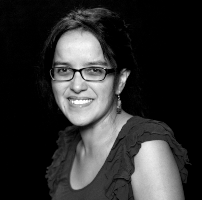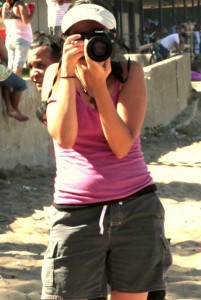I grew up in a family whose most central value was “What happens in this house, stays in this house.”
One could imagine how such a culture of silence and secrecy would affect a young person, and some of those guesses would probably be spot on. When I was still in elementary school, I learned to choose my words very, very carefully, opting for long silences while I picked the exact language that would be as true as possible while hiding the things that might need to be hidden. In junior high, I tried to navigate prayer and being honest with God, but I never quite trusted that the secrets revealed even there were safe; when prayer felt like a betrayal against the family code, I learned to pray silently and keep my mind free, letting God put together whichever pieces he wished. By high school, I was an expert at keeping things hidden, and known as “a good listener”…which at that age meant that I got everyone else’s drama, a gift which helped me understand that really, we were all screwed up and the fact that we were still alive and moderately healthy was a miracle.
As I was reminded recently in a conversation with a new friend, our past often helps shape not only our baggage, but also our passions: because I grew up in a family that valued secrecy above story-sharing, I now see stories as sacred, and value the creation of safe spaces for them and their owners. I believe that when we learn our own stories, open our own closets, deal with our own “residue of the past,” we free ourselves, and we invite others to do the same. And so we celebrate National Coming Out Day, and we celebrate Spirit Day, and we keep celebrating and creating spaces for stories. And really, it’s that intentionality in creating spaces for stories that is a part of why I so love The Marin Foundation and what we do here.










